When it comes to HIV transmission, misinformation can spread faster than the virus itself. One common myth that often surfaces is the notion that “Can hiv spread through mosquito bite?” However, understanding the science behind HIV transmission is crucial in debunking this persistent myth.
The Nature of HIV Transmission
HIV, or Human Immunodeficiency Virus, is a bloodborne pathogen. This means it is primarily spread through specific body fluids: blood, semen, vaginal fluids, rectal fluids, and breast milk. It requires direct access to the bloodstream to cause infection. This can occur through activities such as unprotected sexual contact, sharing needles, or from mother to child during childbirth or breastfeeding.
Why Mosquitoes Can’t Transmit HIV
The simple answer is that mosquitoes cannot transmit HIV. Let’s delve into the reasons why.
- Virus Digestion: When a mosquito bites, it does not inject the blood of the previous person or animal it fed on. Instead, it injects its saliva, which acts as a lubricant to help it feed. The blood it draws is digested in its gut. If a mosquito were to ingest HIV-infected blood, the virus would be broken down in the mosquito’s digestive system and rendered inactive.
- Biological Incompatibility: HIV cannot replicate within the mosquito’s body. Unlike other viruses that can adapt and multiply within the mosquito, such as the malaria parasite or dengue virus, HIV is suited only to human hosts. Therefore, even if a mosquito were to ingest HIV-infected blood, the virus would not survive to be transmitted to another person.
- Lack of Transmission Mechanism: For a disease to be vector-borne, like malaria or dengue, the pathogen must be able to travel from the mosquito’s gut to its salivary glands to be transmitted to another host. HIV does not have this capability.
Understanding Vector-Borne Diseases
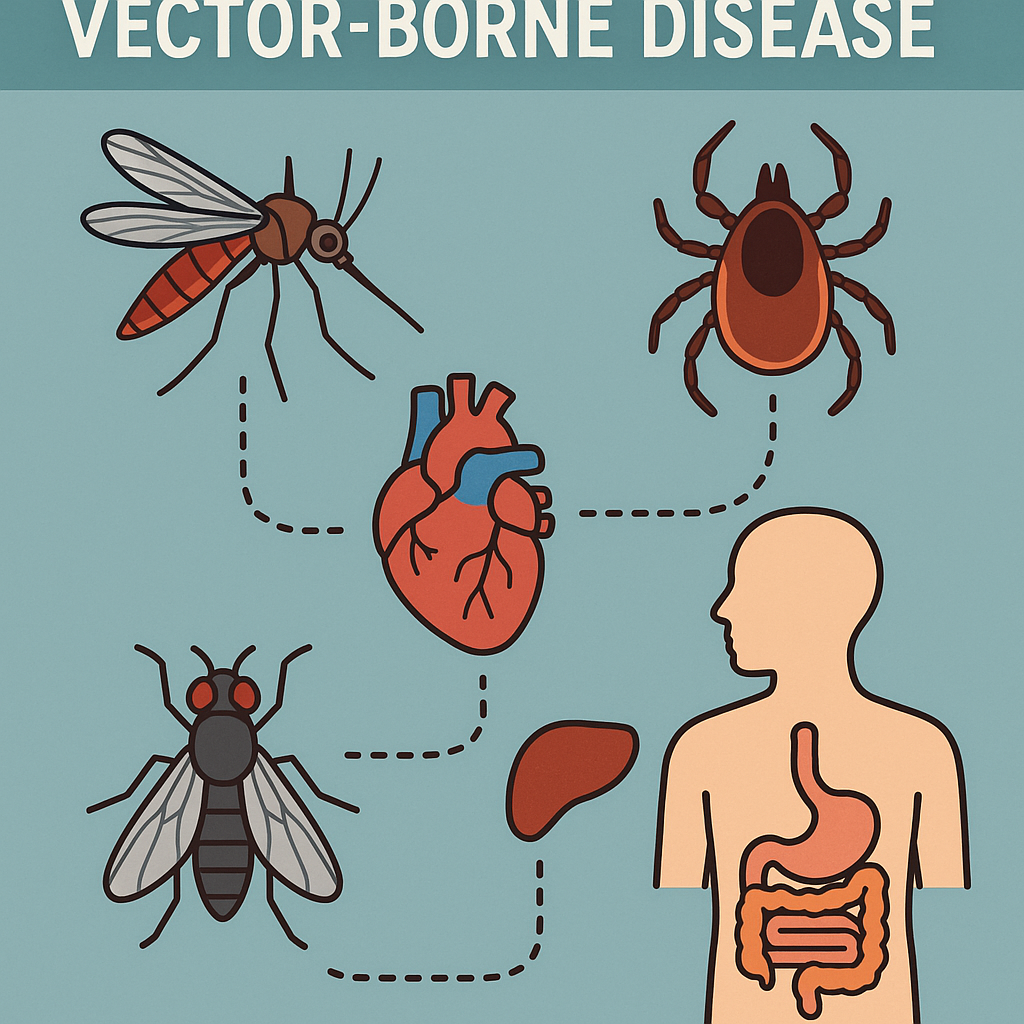
What Are Vector-Borne Diseases?
Vector-borne diseases are illnesses transmitted through vectors, which are living organisms that can carry infectious pathogens between humans or from animals to humans. Common vectors include mosquitoes, ticks, and fleas.
Examples of Mosquito-Borne Diseases
- Malaria: Caused by Plasmodium parasites and transmitted by Anopheles mosquitoes.
- Dengue Fever: Caused by the dengue virus and spread by Aedes mosquitoes.
- Zika Virus: Also spread by Aedes mosquitoes, known for causing birth defects.
- West Nile Virus: Carried by Culex mosquitoes, it affects both humans and animals.
Comparing HIV with Vector-Borne Diseases
Unlike vector-borne diseases, HIV is not transmitted via vectors like mosquitoes. The transmission of HIV requires specific conditions that are not met by the feeding habits and biological processes of mosquitoes.
Debunking Common Myths
Myth 1: Mosquito Bites Can Spread HIV
As explained, the biology of mosquitoes and the nature of HIV prevent transmission through bites.
Myth 2: Mosquitoes Carry HIV from One Person to Another
Even if mosquitoes feed on an HIV-positive individual, the virus cannot survive or replicate within the mosquito, making transmission impossible.
Myth 3: Mosquitoes Are a Major HIV Vector
Mosquitoes are not vectors for HIV. This misconception arises from a misunderstanding of how HIV is transmitted and the role mosquitoes play in spreading other diseases.
The Importance of Accurate Information

Educating the Public
Dispelling myths about HIV transmission is crucial for public health education. Understanding how HIV is and isn’t transmitted can lead to better prevention strategies and reduce unnecessary fear and stigma.
Addressing Misinformation
With the rise of social media and the internet, misinformation can spread rapidly. It is important for credible health organizations and professionals to actively correct false narratives about HIV and other health topics.
Preventing Bloodborne Pathogens
Safe Practices
While mosquitoes are not a concern for HIV transmission, it’s important to focus on real transmission routes. Practicing safe sex, using clean needles, and ensuring blood transfusions are safe are key measures in preventing HIV.
Protecting Against Vector-Borne Diseases
Although mosquitoes do not spread HIV, they do carry other serious diseases. Using mosquito repellent, installing screens on windows, and eliminating standing water can reduce the risk of mosquito-borne illnesses.
Conclusion
Understanding the true methods of HIV transmission helps in debunking myths and focusing on effective prevention strategies. Mosquitoes, while responsible for spreading many diseases, do not and cannot transmit HIV. By relying on scientific facts and sharing accurate information, we can combat misinformation and reduce the stigma surrounding HIV.
In conclusion, while mosquitoes are a nuisance and can carry dangerous pathogens, HIV is not one of them. Educating ourselves and others about the realities of HIV transmission can help improve public health and foster a more informed community.
If you have any doubts related to HIV, STDs, or sexual health, you can consult Dr. Yuvraj Arora Monga online without any hesitation. Call now at 8010977000 and take the first step toward a virus-free life.

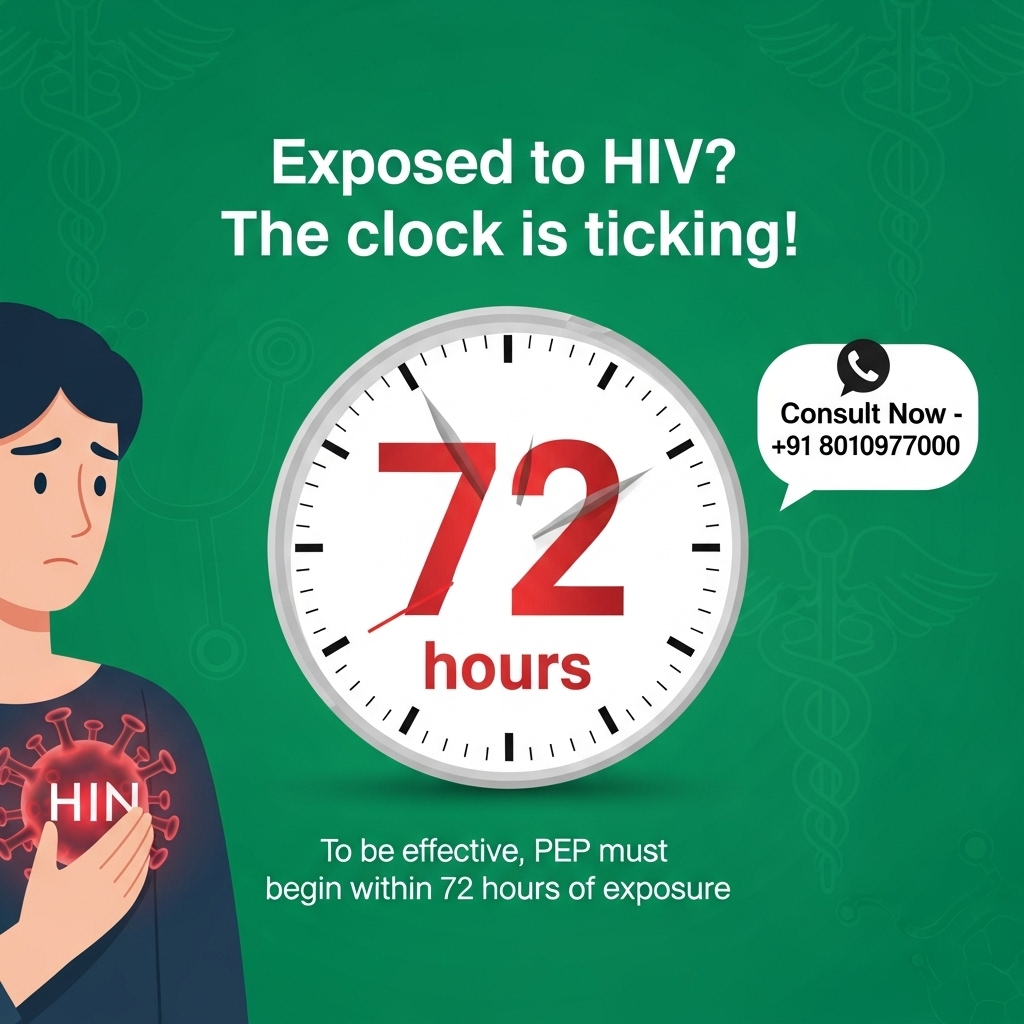
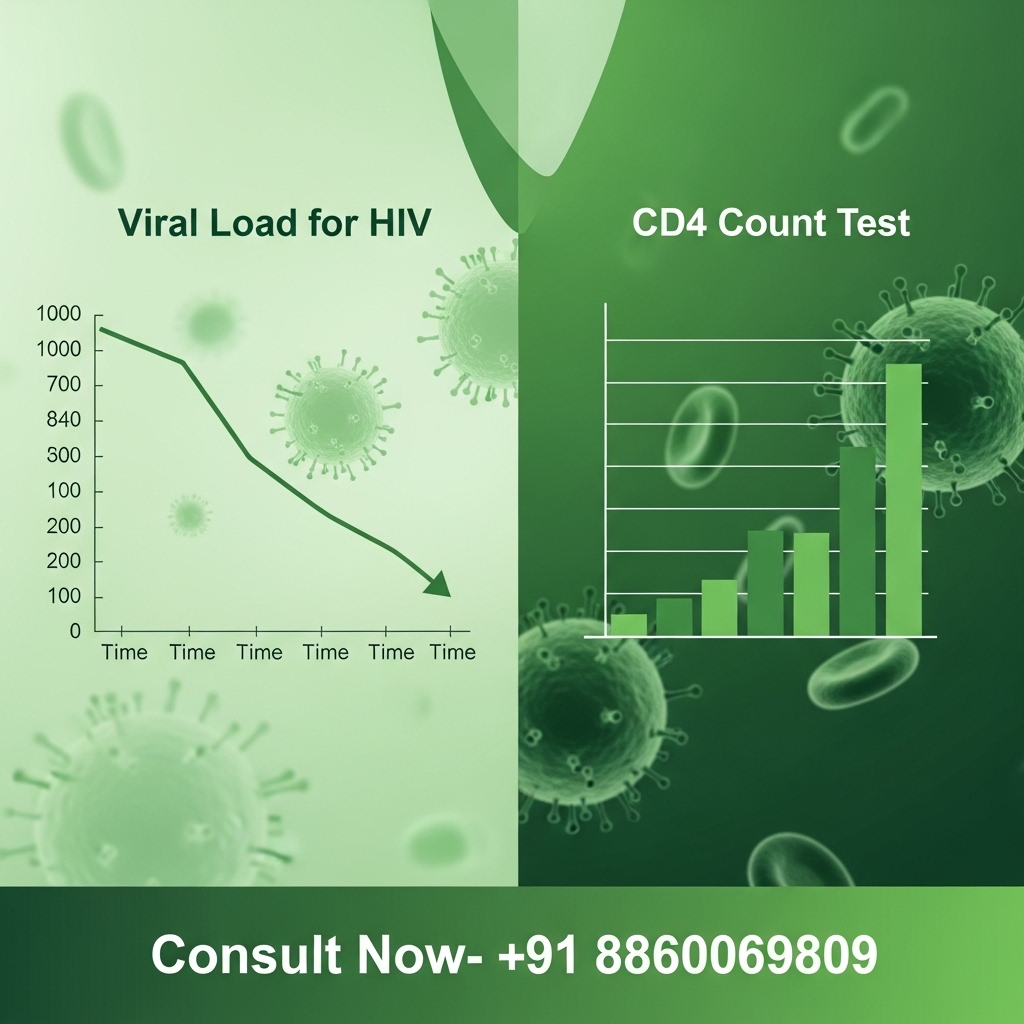
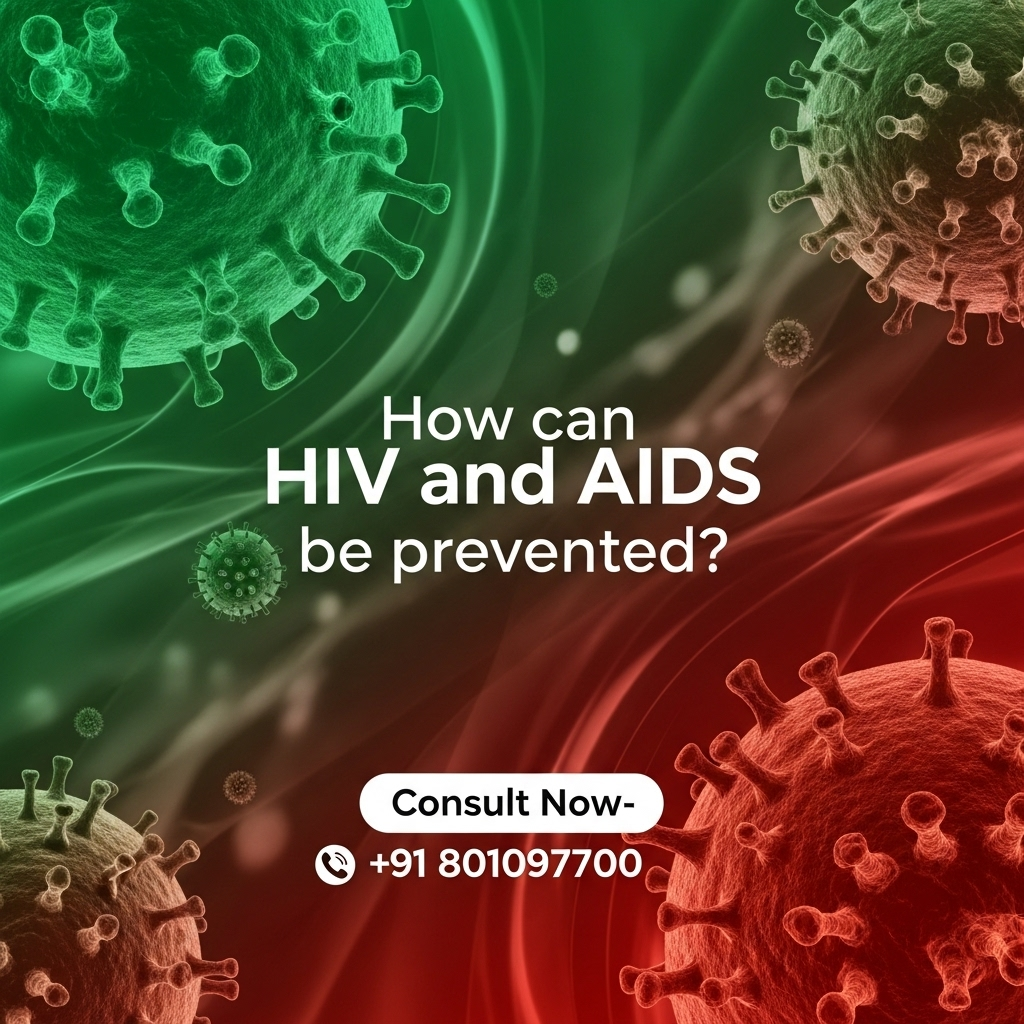






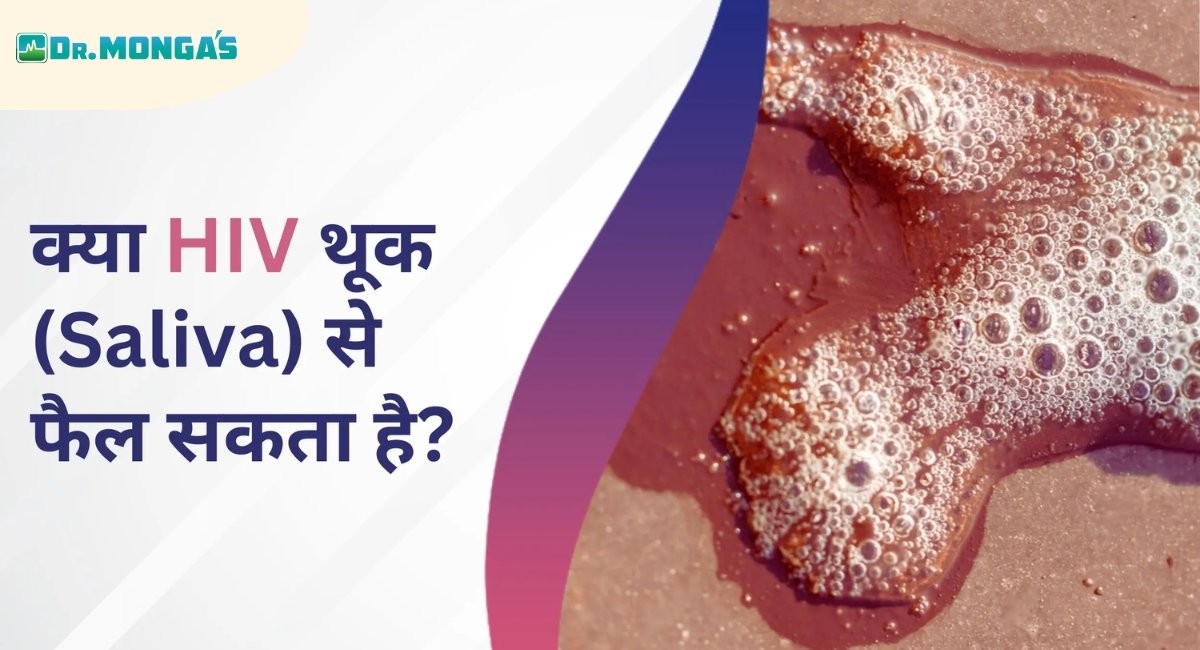
Leave a Reply